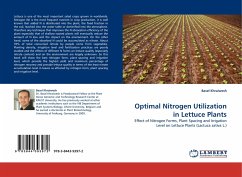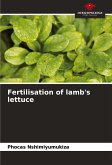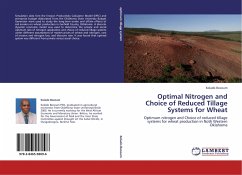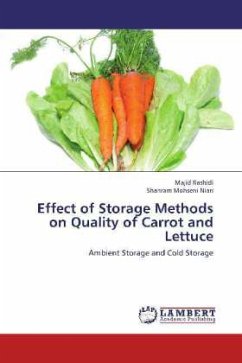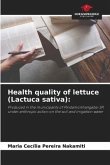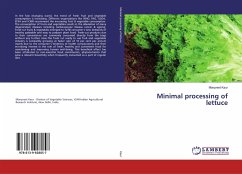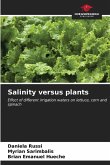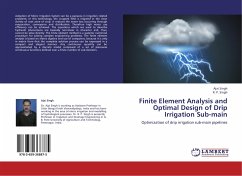Lettuce is one of the most important salad crops grown in worldwide. Nitrogen (N) is the most frequent nutrient in crop production, it is well known that added N is distributed into the plant, the fixed fraction in the soil, leached into the water table or denitrified into the atmosphere. Therefore any technique that improves the N absorption efficiency of the plant especially that of shallow-rooted plants will eventually reduce the amount of N loss and the impact on the environment. On the other hand, some of the absorbed N could be accumulated as nitrate. About 70% of total consumed nitrate by people come from vegetables. Planting density, irrigation level and fertilization practices are poorly studied and the effects of different N forms on lettuce quality (especially nitrate content) and on the environment are largely unknown. So this book will show the best nitrogen form, plant spacing and irrigation level, which provide the highest yield and maximum percentage of nitrogen recovery and provide lettuce quality in terms of the least nitrate accumulation level in leaves as affected by nitrogen form, plant spacing and irrigation level.
Bitte wählen Sie Ihr Anliegen aus.
Rechnungen
Retourenschein anfordern
Bestellstatus
Storno

